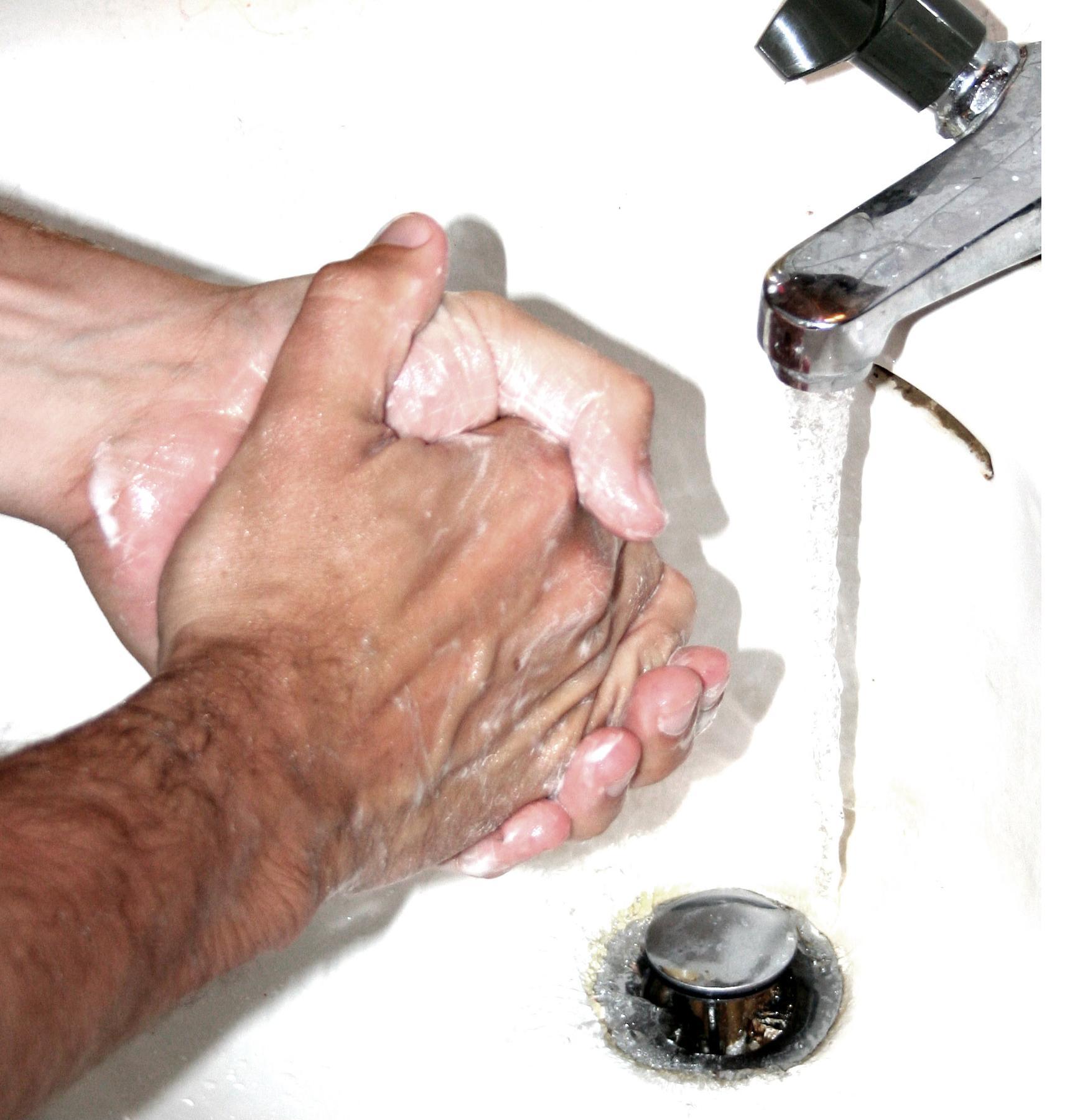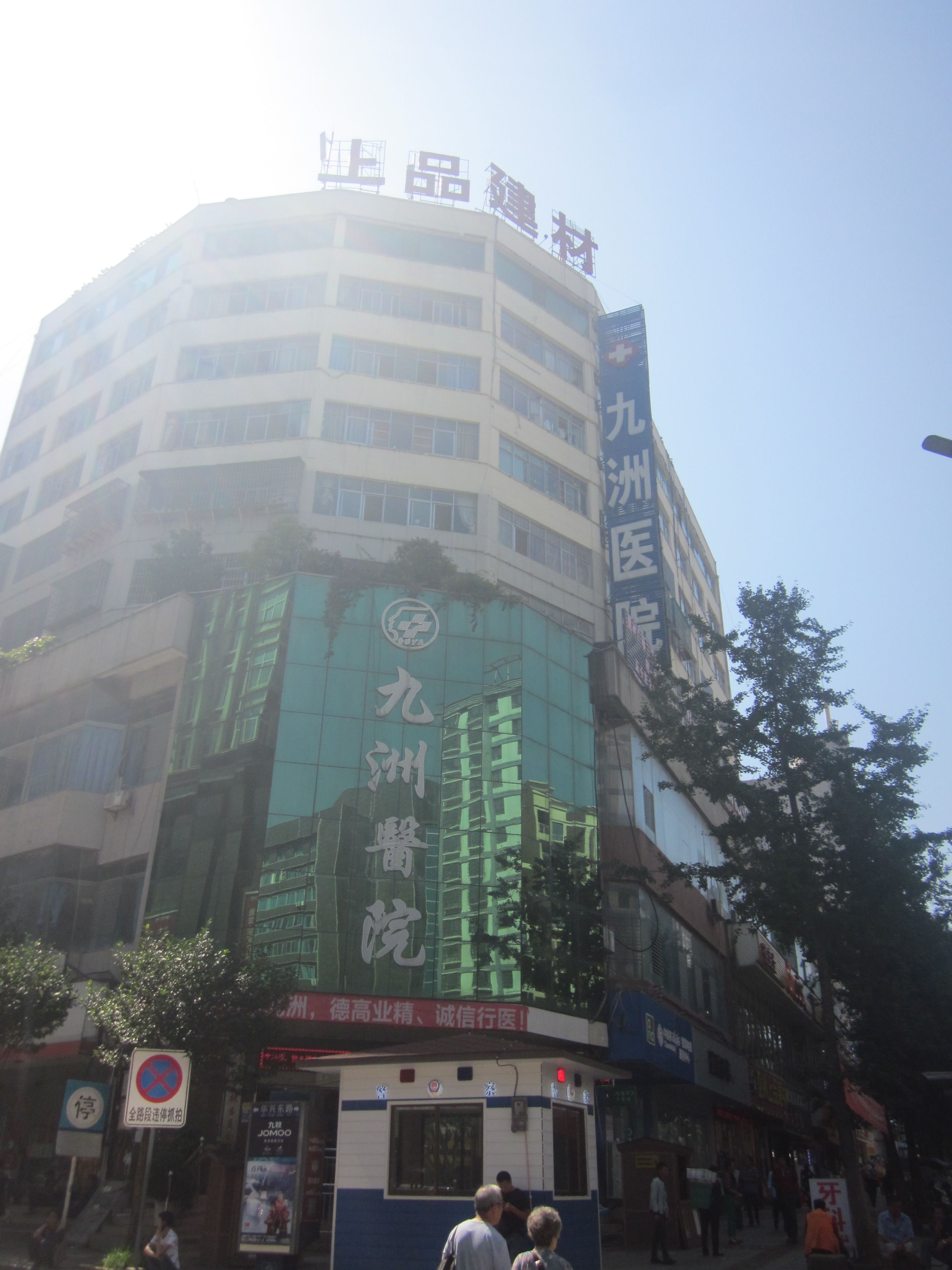|
Patriotic Health Campaign
The Patriotic Health Campaign, first started in the 1950s, was a campaign aimed to improve sanitation, hygiene, as well as attack diseases in the People's Republic of China China, officially the People's Republic of China (PRC), is a country in East Asia. It is the world's List of countries and dependencies by population, most populous country, with a Population of China, population exceeding 1.4 billion, slig .... See also * Ministry of Health Notes External links"China follows Mao with mass cull"BBC news."Critical health literacy: a case study from China in schistosomiasis control" in China. Health in China Health campaigns {{China-hist-stub ... [...More Info...] [...Related Items...] OR: [Wikipedia] [Google] [Baidu] |
Sanitation
Sanitation refers to public health conditions related to clean drinking water and treatment and disposal of human excreta and sewage. Preventing human contact with feces is part of sanitation, as is hand washing with soap. Sanitation systems aim to protect human health by providing a clean environment that will stop the transmission of disease, especially through the fecal–oral route.SuSanA (2008)Towards more sustainable sanitation solutions Sustainable Sanitation Alliance (SuSanA) For example, diarrhea, a main cause of malnutrition and stunted growth in children, can be reduced through adequate sanitation. There are many other diseases which are easily transmitted in communities that have low levels of sanitation, such as ascariasis (a type of intestinal worm infection or helminthiasis), cholera, hepatitis, polio, schistosomiasis, and trachoma, to name just a few. A range of sanitation technologies and approaches exists. Some examples are community-led total sanitation ... [...More Info...] [...Related Items...] OR: [Wikipedia] [Google] [Baidu] |
Hygiene
Hygiene is a series of practices performed to preserve health. According to the World Health Organization (WHO), "Hygiene refers to conditions and practices that help to maintain health and prevent the spread of diseases." Personal hygiene refers to maintaining the body's cleanliness. Hygiene activities can be grouped into the following: home and everyday hygiene, personal hygiene, medical hygiene, sleep hygiene and food hygiene. Home and every day hygiene includes hand washing, respiratory hygiene, food hygiene at home, hygiene in the kitchen, hygiene in the bathroom, laundry hygiene and medical hygiene at home. Many people equate hygiene with 'cleanliness,' but hygiene is a broad term. It includes such personal habit choices as how frequently to take a shower or bath, wash hands, trim fingernails, and wash clothes. It also includes attention to keeping surfaces in the home and workplace clean, including bathroom facilities. Some regular hygiene practices may be considered good ... [...More Info...] [...Related Items...] OR: [Wikipedia] [Google] [Baidu] |
People's Republic Of China
China, officially the People's Republic of China (PRC), is a country in East Asia. It is the world's most populous country, with a population exceeding 1.4 billion, slightly ahead of India. China spans the equivalent of five time zones and borders fourteen countries by land, the most of any country in the world, tied with Russia. Covering an area of approximately , it is the world's third largest country by total land area. The country consists of 22 provinces, five autonomous regions, four municipalities, and two Special Administrative Regions (Hong Kong and Macau). The national capital is Beijing, and the most populous city and financial center is Shanghai. Modern Chinese trace their origins to a cradle of civilization in the fertile basin of the Yellow River in the North China Plain. The semi-legendary Xia dynasty in the 21st century BCE and the well-attested Shang and Zhou dynasties developed a bureaucratic political system to serve hereditary monarchies, or dyna ... [...More Info...] [...Related Items...] OR: [Wikipedia] [Google] [Baidu] |
Ministry Of Health (China)
The Ministry of Health of the People's Republic of China (MOH) was a cabinet-level executive department which plays the role of providing information, raising health awareness and education, ensuring the accessibility of health services, and monitoring the quality of health services provided to citizens and visitors in the mainland of the People's Republic of China. In the reforms of 2013 the ministry has been dissolved and its functions integrated into the new agency called the National Health and Family Planning Commission. The MOH was also involved in the control of illness and disease, coordinating the utilisation of resources and expertise where necessary. It also cooperates and keeps in touch with other health ministries and departments, including those of the special administrative regions, and the World Health Organization (WHO). As part of the National Health and Family Planning Commission it is now headed by Ms. Li Bin. Until 2013 it was headed by the Minister for He ... [...More Info...] [...Related Items...] OR: [Wikipedia] [Google] [Baidu] |
Health In China
Health in China over the course of the twentieth century has gone from being a largely private and family concern, using traditional medicine, to being a major concern of the state as well. Beginning in 1905, the Qing dynasty established the first Department of Health. The Republic of China after 1912 moved to expand public health measures and to control and license medical doctors. Governments debated the value of Chinese traditional or "folk" medicine, and moved toward Western healthcare models, especially after the Chinese Nationalist Party came to power in 1928 and during the Second Sino-Japanese War (1937-1945). China's health system has undergone basic changes since the Chinese Communist Revolution and declaration of the People's Republic of China in 1949. From 1949 until 1976, the Ministry of Health in Beijing and provincial ministries set policy and supported medical training, but primary responsibility for health care and public health lay with the work-unit, that ... [...More Info...] [...Related Items...] OR: [Wikipedia] [Google] [Baidu] |


